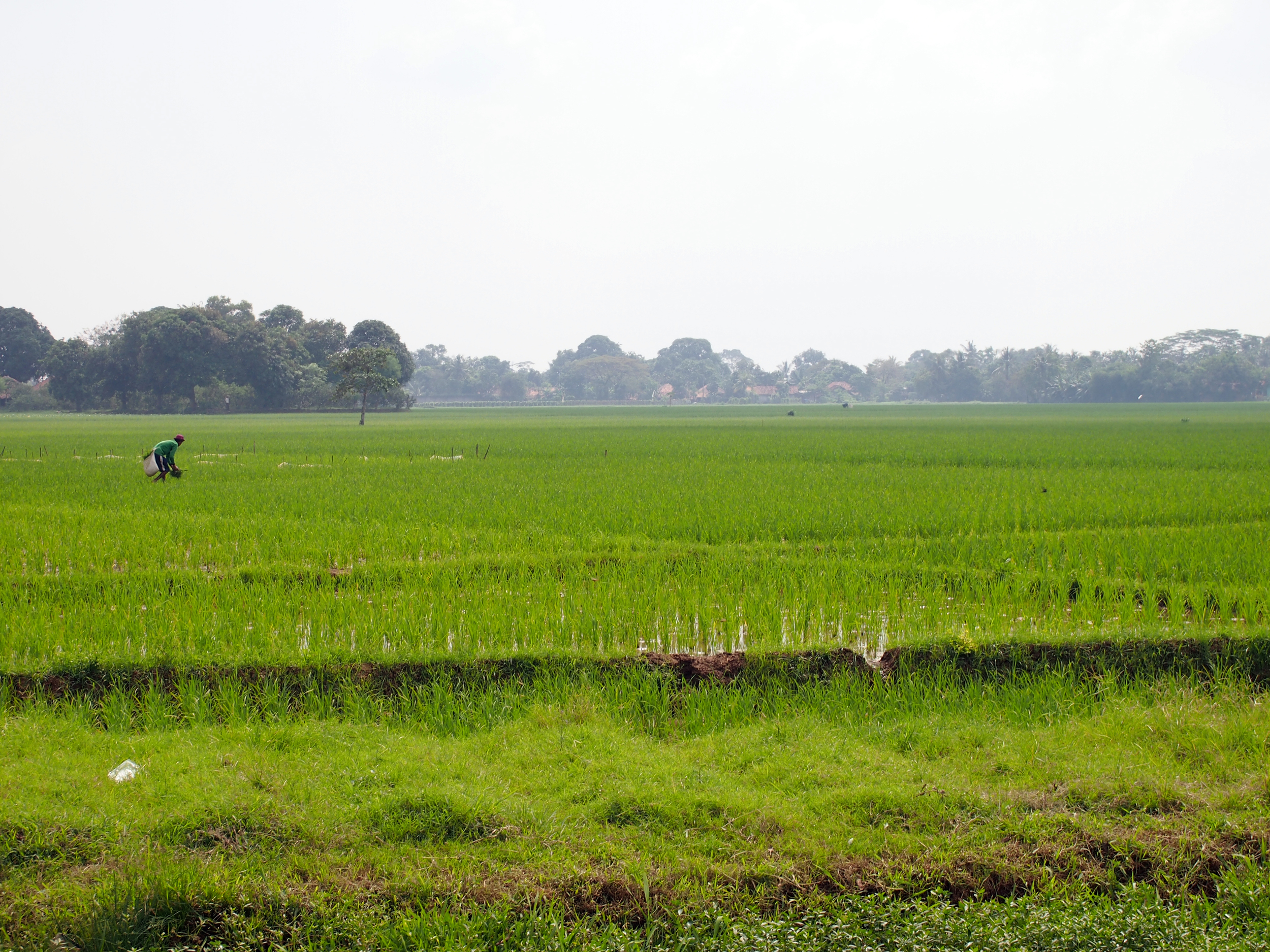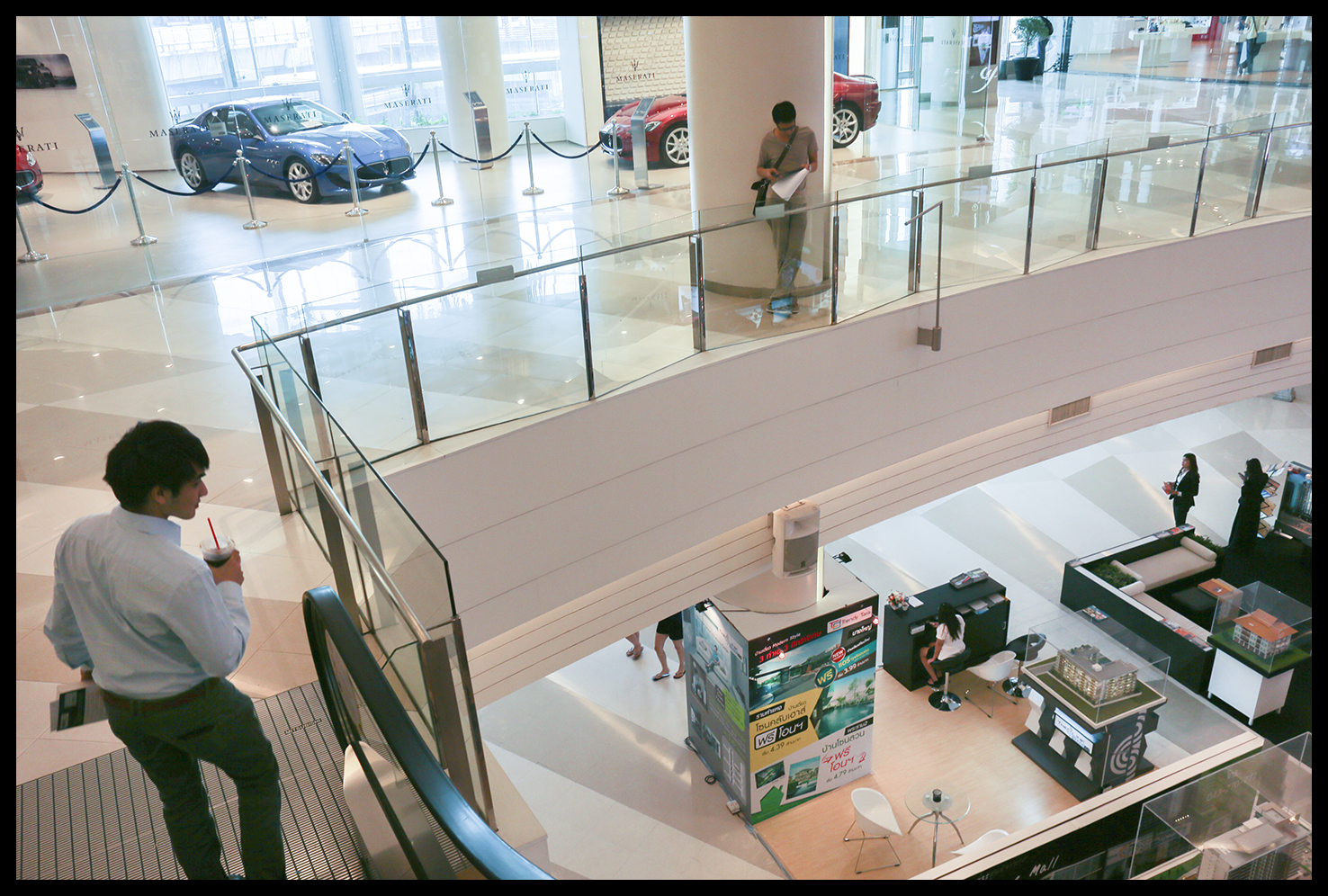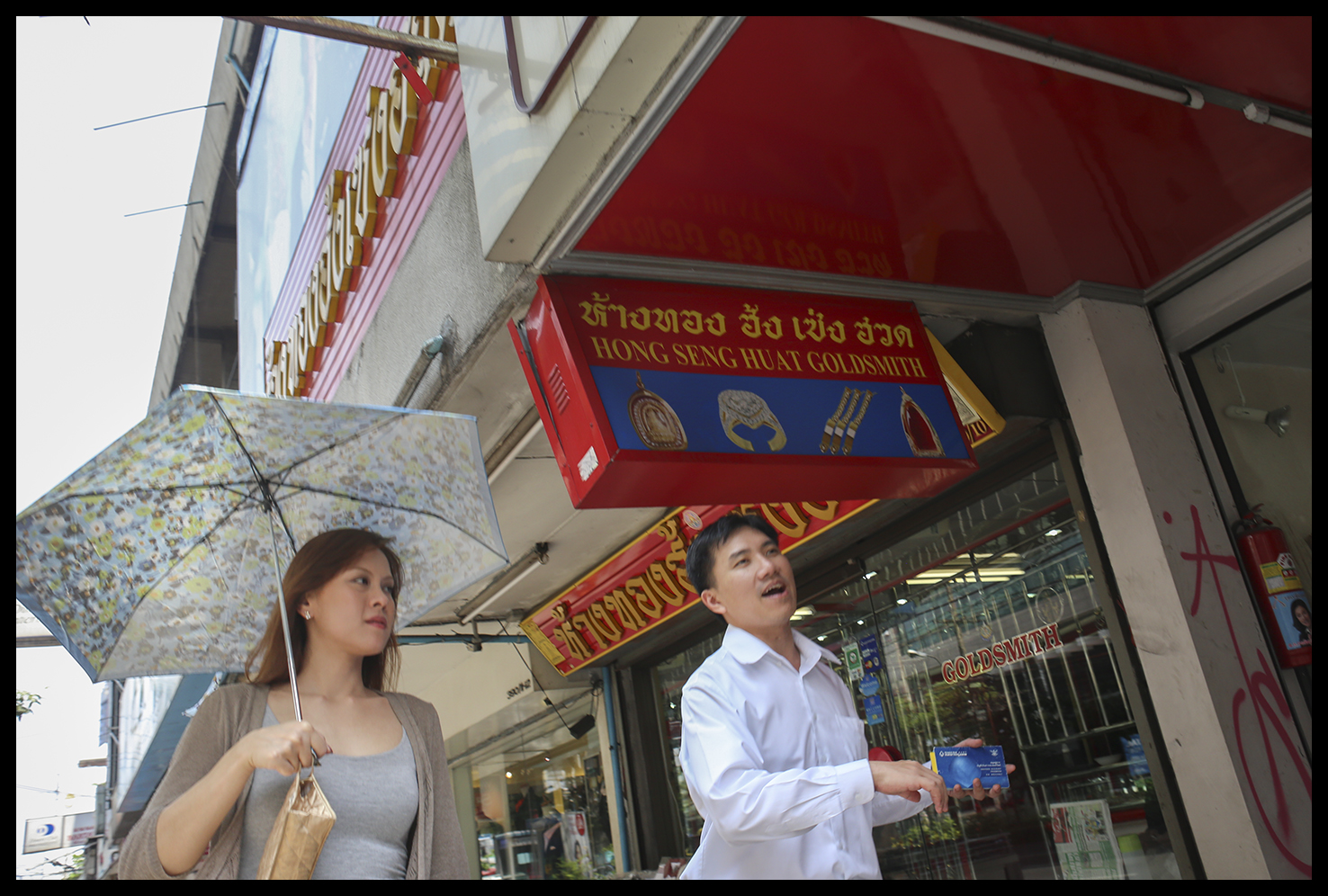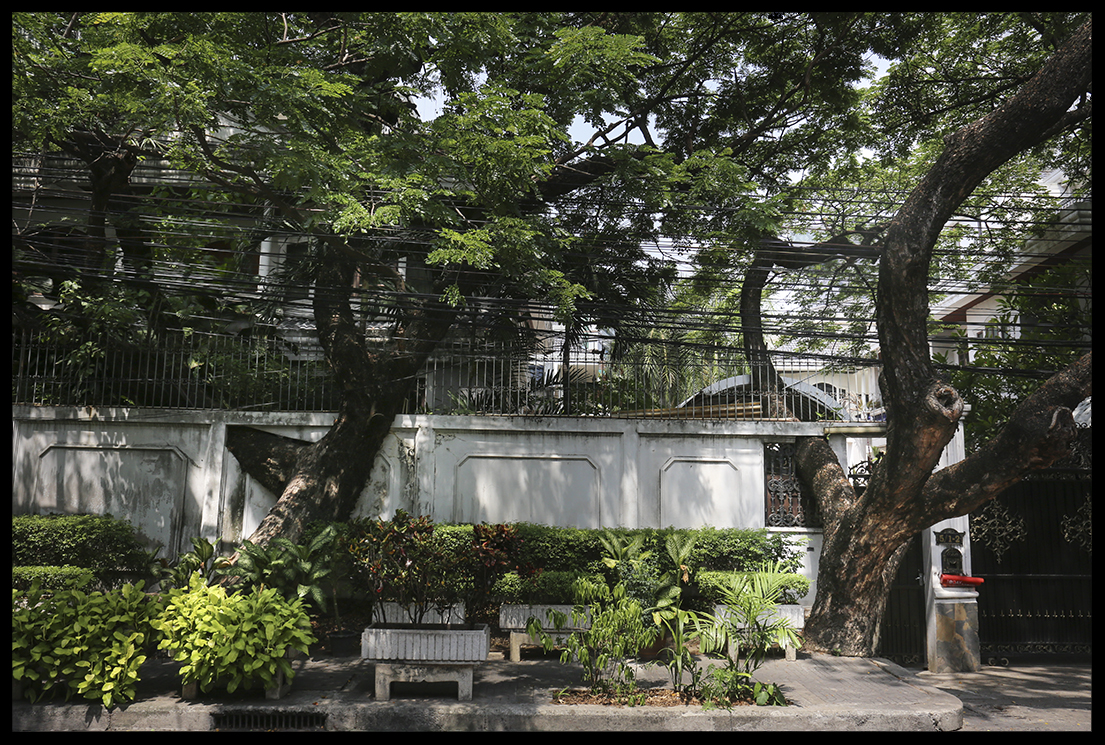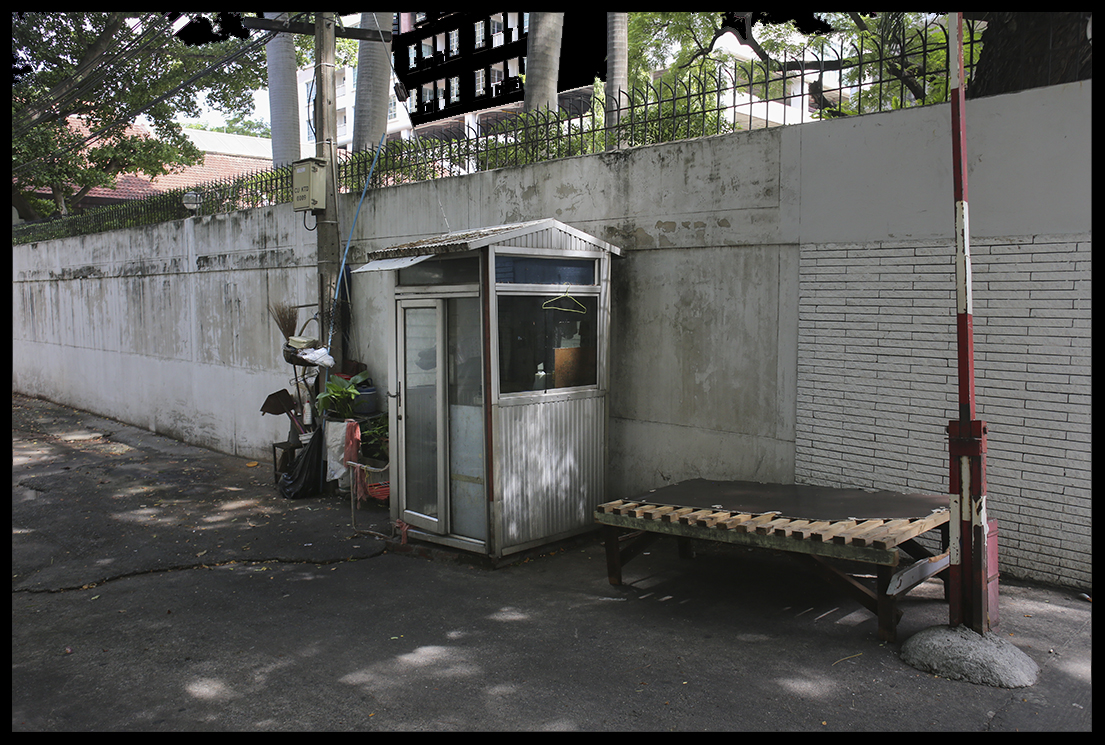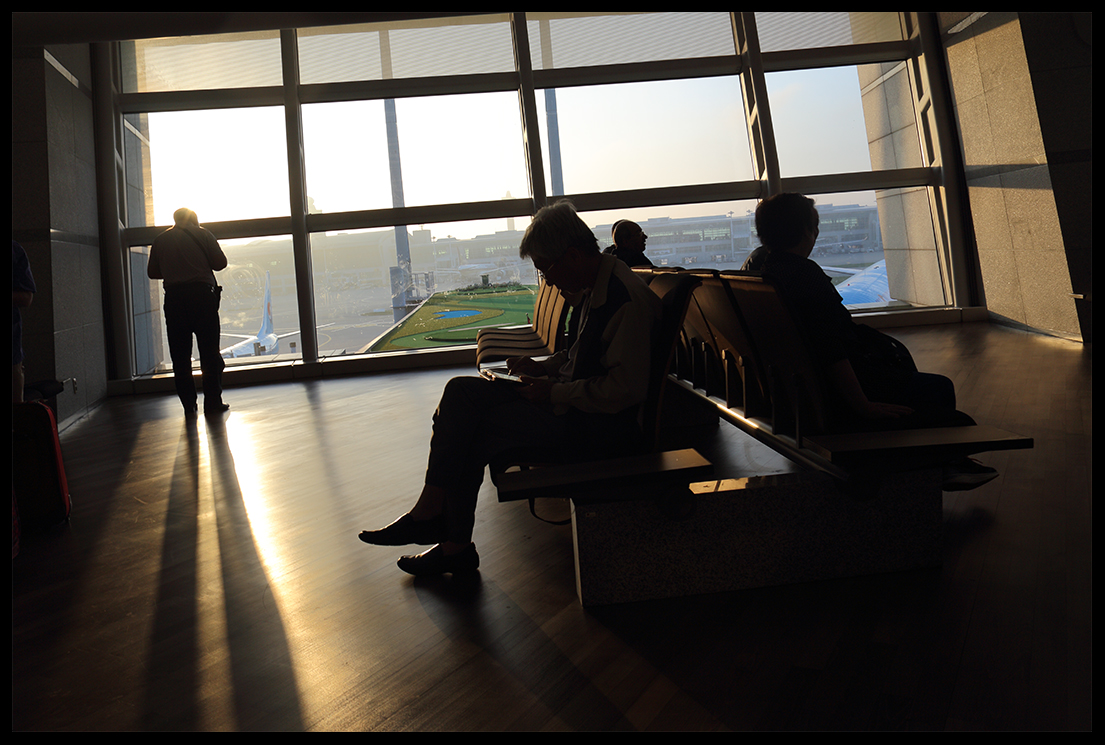Quote of the Day
"WHEN SOMETHING BAD HAPPENS YOU HAVE THREE CHOICES. YOU CAN EITHER LET IT DEFINE YOU, LET IT DESTROY YOU, OR YOU CAN LET IT STRENGTHEN YOU." Source of quote unknown.
Your Safety is #1
As members of the Fellowship do valuable volunteer work in remote areas of the world it is important that each of you do not get in harms way. We have had stories this summer of one of the Fellows being beaten up and robbed by the police. The organization you are working for or associated with must be made aware of any threats of problems you experience and if they cannot provide for your security then you should return to Boston. I suggest you also stay in regular contact with other existing and past Blakeley Fellows to share your experiences, good and bad, as well as your advice. What you are doing this summer is wonderful, but stay safe!
A Summer of Rice
Last week, while sitting cross-legged under the hot Indonesian sun and interviewing female rice farmers in Karawang, a district in West Java, Indonesia, I kept thinking back to my fourth grade elementary school class. In fourth grade, my school set up joint bank accounts for students and our parents in order to teach us the value of money, budgeting, and how to balance a checkbook. I had never thought about my first introduction to formal financial services and mechanisms, or appreciated that life-long lesson of how to use ATM cards or apply for loans, until I met some people who never had that opportunity.
Over the course of the week, I discovered that female farmers in Indonesia and their families do not have bank accounts and are at the mercy of moneylenders for loans. Some women use informal savings mechanisms called revolving funds – a zero-interest mechanism that allows members to put money aside every month and receive a year’s worth of savings at strategic times. Other women who aren’t lucky enough to be in female farmer groups with revolving funds stash away small amounts of cash in their homes in order to meet their daily needs.
For two months, I am conducting a gender analysis for Mercy Corps’ Agri-Fin Mobile in order to give female farmers access to agricultural information and financial services through cell phone technology. Women told me they want information about pesticides, fertilizer, and seedlings, and they want formal financial services for savings and credit.
For rice, planting to harvesting takes 90 days of incessant work under the same hot sun: women plant seeds, weed tall grasses, manage pests, use manual tools, and sort the rice post-harvest. Their hands are coarse and strong, and as they served me heaps of steamed, fragrant rice from their own fields, I knew one thing for sure: I will never look at a grain of rice the same way again.
Thailand: Cabbages, Condoms, and Myanmar
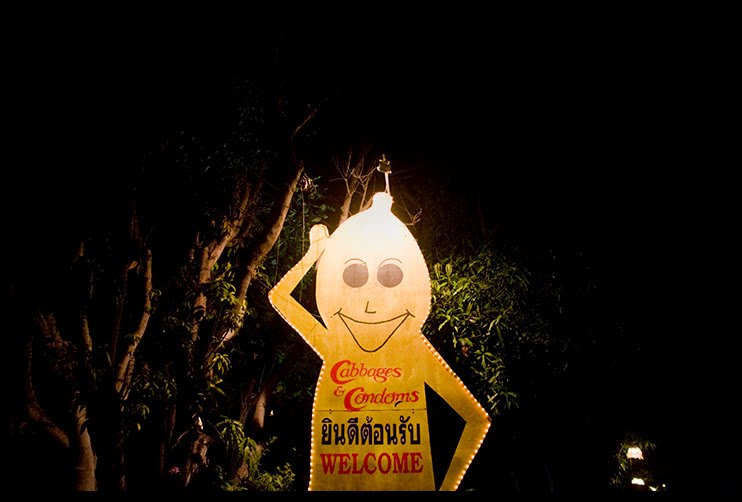 [p]Early in the evening of our second night in Bangkok, we had the opportunity to meet Virayaidya Mechai and Hakan Skoglund from Population and Community Development Association (PDA) Thailand’s largest NGO, and Greg Miller from Oxford Capital, through the Blakeley Foundation’s support. [/p]
[p]Early in the evening of our second night in Bangkok, we had the opportunity to meet Virayaidya Mechai and Hakan Skoglund from Population and Community Development Association (PDA) Thailand’s largest NGO, and Greg Miller from Oxford Capital, through the Blakeley Foundation’s support. [/p]
[p]It was a great honor to meet Khun Mechai, who has had an active political life as a two time Senator in Thailand, and done a great deal to reduce HIV and population growth rates in the country. Khun Mechai’s PDA aimed to bring down the population growth rate, improve child mortality, and fight against the spread of HIV/AIDS by targeting grassroots and urban communities. PDA created sexual health clinics for poor underserved women, provided in class education and games about family planning and sexual health, distributed condoms widely, and even created the restaurant chain Cabbages and Condoms (where we ate). Since, the HIV/AIDS rate has decreased dramatically and the country’s birth rate has fallen from 3.4% to less then 1% in large part to the efforts of PDA![/p]
[p]Hakan Skoglund, President of Population & Development International Inc. (PDI), part of the Mechai Viravaidya Foundation, also joined us, and explained many of these finer points. Hakan, who has a long standing interest in the role of education in development, also explained how the organization is hoping to partner with local organizations in Myanmar to see how effectively they might be able to implement a similar campaign in the sister country.[/p]
[p]Lastly, we had the opportunity to meet Greg Miller, a regionally based advisor at Oxford Capitol who is developing a private equity fund that will work with local partners to identify key projects worth investing in – a crucial need at a time when many local small and medium businesses in Myanmar seem to be suffering from a dearth of access to funding. Greg already has fantastic contacts on the ground, and travels to the country at least once a month. For Greg, however, a key facet of the process is to develop a system that isn’t exploitative, that builds a skilled team of experts in the country to make the most sound and beneficial investments, and work with the country’s development as it moves forward. In relation to our own work, knowing more about what small and medium enterprises need in their own words could be interesting.[/p]
[p]In discussing the interests of PDA and Oxford Capitol in Myanmar, I realized we could serve a dual role with our work by also connecting these groups with local partners. We will be working through CBOs and local NGOs to reach different income earning segments of the population, and will be learning about many groups that are doing significant local work for those communities. These groups in turn have extensive knowledge about the people they help and what their own organizational needs might be. For partners coming in, we all agreed, local groups are best suited to know how to tackle their own problems, from expanding knowledge about family planning and STD transmission, to understanding the financial needs of their households and businesses. With support and outside knowledge, groups like PDA and Oxford Capitol could help make a difference in communities in Myanmar.[/p]
Greetings from Ouagadougou
Prior to my departure from Chicago, it became almost a contest among my friends and family as to who could come up with either the closest way of spelling Ouagadougou correctly or inventing an entirely new way of spelling it while keeping the same pronunciation.
Regardless, I am happy to report that I arrived a week ago in 'Ouaga' (Wah-gah). Similar to Chuck's experience in Chad, the heat is fairly stunning. Gone are the fast-paced steps that defined my stride from my apartment to Fletcher in Medford every day. Instead, one must relax and not over-exert oneself in the heat. Less than two hours of exploring the center of town last Saturday called for a two-hour nap later that evening.
For more information on Ouagadougou and Burkina Faso itself, I recommend a recent WaPo travel article, "Ouagadougou's Unruffled Rhythms."
This summer I will be interning at Millennium Challenge Corporation (MCC) in Burkina Faso focusing on diversified agriculture and gender projects. MCC's mandate is to reduce poverty through economic growth, and the MCC compact in Burkina Faso is five-years, focusing on four major projects: irrigation, land reform, agriculture and girls' education.
Given that the compact is almost $491 million, there is quite a steep learning curve on the many activities taking place throughout the country, particularly in diversified agriculture. I am learning as quickly as possible the more technical terms in French for agriculture that I never needed before in daily conversations. In addition, as is the case often in development, learning the acronyms for projects is a bit like alphabet soup. Only in French, acronyms are usually backwards. I hope by the end of the summer I will be fluent in a certain type of development vocabulary, which will no doubt prove extremely useful in the future. I am working with an incredible team here, both American and Burkinabé, and I'm excited to see how the work unfolds.
I plan to post photos soon (the Internet here can be quite slow at times), hopefully from the field!
- Julia
Journey into Lagos
Fellow Fellows & Mr. Blakeley:
Hope you have all safely arrived at your destinations and have begun to change the world; I know I haven’t although it appears that I am expected to do so.
I am interning with the Tony Elemulu Foundation in Lagos that strives for the transformation of the African economy by helping small and medium enterprises (SME) scale up. I am working with one such SME called the Financial Trust Company, which aims to bring financial service to the masses and I am expected to contribute to the business plan achieving this objective.
Journey into Lagos was hectic and exciting. After almost missing my connection in Dubai, the arrival into Lagos Airport was as expected – nightmarish. The airport was a chaos with massive immigration lines and tempers running high, fortunately foreigners had a separate line and my bags arrived on time. I also got a true taste of Lagos traffic as it took me over 2 hours to get to my accommodation.
The thing about life in Nigeria is that it’s devoid of most basic comforts; hardly any electricity, terrible roads, high crime rate, exorbitant cost of living and incessant flooding. However, the trade is booming and Nigerians are very entrepreneurial, which leads to me to wonder how progressive the country could be given the proper infrastructure and environment. The business environment is very prohibitive – corruption, bureaucracy, lack of infrastructure and lack of capital but the spirit of business is very much alive and the Nigerians resilient. I am learning to adapt to a daily 2 hour commute, hours of no electricity or internet, climbing 6 floors 5 times/day and the flooded streets.
However, as I enter my 2nd week here, this country has managed to impress me. There are a lot of challenges I face – personal and professional – but I am positive that I can help this company build a firm turnaround plan and am equally positive about their success. Though I haven’t been able to take any pictures, I promise there will be lots to follow.
Transitions
This time last year I was on my way from Bangkok to Boston, to return to school for the first time in five years, attending Fletcher. It was a difficult decision because I had been working with a local Burmese research organization that was located in Bangkok but was making its transition back into Myanmar. The shift was spurred by an unprecedented change in the then nascent Myanmar government’s policies, led by the newly appointed President Thein Sein and a handful of reform minded ministers. These changes unlocked a new horizon of potential for the work our office could do, and even more so, a new and unexpected future for a country to shift from nearly 50 years of military rule.
Despite the incredible transition I did leave because it was also an opportunity for me to build on my own experience having seen how crucial a role economy and income played for Myanmar’s poorest communities, those who have borne the brunt of years of one-sided economic stagnancy. Thanks in part to the generosity of the Blakeley Foundation I now have the opportunity to return to Myanmar to look specifically at how rural and urban communities are informally using financial services and habits. I plan on using this blog to explore some of the ideas and insights we’re that will come out of our field work, as well as take a larger approach and look at the larger reforms that are still continuing.
Thank you again to the Blakeley Foundation and I hope you all enjoy!
First Impressions of Chad
I arrived in Chad this past Saturday afternoon, and it’s been a bit of whirlwind transition. I spent the last couple days getting my housing situation sorted out (more complicated than expected), my internet account connected (took much longer than expected), beginning to learn how to live and survive in 110F heat without air conditioning (more difficult than expected), and meeting local people (far more friendly and welcoming than expected– a huge blessing!). Within my first few days, I gained a new and profound respect for several things:
1. The highly-refined survival skills of anyone native to the Sahel. Despite brutal heat, I have met so many Chadians who have greeted me with genuinely radiant smiles and warm hand shakes. I am blessed to be here and to meet these genuinely welcoming people!
2. The difficulty of being productive in an environment filled with intense heat, dusty air, and intermittent electricity. I had always heard that things happened more slowly in Africa. I now know first hand why. I find myself walking and moving in slow motion during the heat of the day, searching for the most efficient line between shady areas, and unable to do much but lie down when the mercury soars to 110F / 43C. Although I don’t have A/C, I’m extremely grateful for the fans in my small apartment.
3. Those who are committed to this land and these people out of a higher calling. I have met dozens of expats who are committed to helping and serving and living with the Chadian people. I am truly inspired!
Another notable observation: during my short walks around the compound where I am staying and around the local neighborhood, I have observed countless multi-colored lizards (many are 16-18 inches long), African finches in the trees outside my window, and huge beetles and bugs. The birds are pleasant distractions, the beetles are fascinating, and the lizards provide comic relief when I see them wrestling and chasing each other. We certainly don’t have such exotic wildlife in the Boston metro area!
More to follow later and hopefully I will add photos with my next post. I am working to get a government permit for photography-- they already rejected my first request. Perseverence is key here. I'm eager to hear from everyone else as you start your internships this summer!
Blakeley Foundation Mission
The Blakeley Foundation, is a 501(c)(3) charitable foundation registered with the US IRS. We support and provide Capital to organizations both in the USA and overseas who are eager to use their Labor for the advancement of education and health. Our goal is to raise individuals and communities out of poverty and increase their opportunities and way of living.
New Site Launch!
May 1, 2012. Welcome to thew new Blakeley Foundation website. You'll find lots of information about our Foundation and some of the wonderful work we are dedicated to. Any comments on how we can improve the new website will be welcome.
Why Africa & Foreign Aid don't mix
Article in CNN by Robert Calderisi
[img style="frame"]http://www.blakeleyfoundation.org/wp-content/uploads/2012/09/africaaid.jpg[/img]
Lime Peru, ACCION
[br][one_half] [img style="frame"]http://www.blakeleyfoundation.org/wp-content/uploads/2010/08/lima.jpg[/img] [/one_half] [one_half_last] [br]
Mibanco
- Active Clients: 362.282
- Active Portfolio: $781,214,000
- Average Loan Size: $2,015
- Portfolio at Risk: 2.79%
[/one_half_last]
ACCION provides ongoing technical assistance to Mibanco developing new products and efficiencies
My role:
[list style="unordered"] [item]Analyze portfolio at risk and other key performance indicators. [item]Country analysis of political, economic, regulatory and financial situations. [item]Calculations of potential market demand for different regions. [item]Development of client protection policies. [/list]
[p]I learned:[/p] [list style="unordered"] [item]The poor are the most vulnerable in times of financial crises. [item]Client protection policies are needed to protect those living at the bottom of the pyramid. [/list]
ASA Dhaka Bangladesh
Current issue surrounding micro finance in Bangladesh:
[one_half] [img style="frame"]http://www.blakeleyfoundation.org/wp-content/uploads/2010/08/asa1.jpg[/img] [/one_half] [one_half_last]
- As the market of micro-finance becomes more mature, competition becomes more intensified among major MFIs such as BRAC, Grameen Bank, ASA and others.
- According to one ASA senior staff, about 500 MFIs are engaged in micro-finance in Bangladesh.
- Against a backdrop of overheated competition, ‘’overlapping borrowing issues’’ among MFIs and borrowers has also become apparent.
- As the number of heavily indebted borrower increases, the number of non-performing loans has been growing rapidly.
[/one_half_last]
Lessons Learned:
- The percentage of overlapping borrowers were 20% in Rajshahi and 33% in Comilla, which indicates that ‘’overlapping borrowing issues’’ are quite serious in Bangladesh.
- There was a trend that overlapping borrowers using more than three MFIs or entities were likely to fall behind their payment. (Or become overdue borrowers)
- Also, there was a tendency that overlapping borrowers who did not invest their money into IGAs(Income Generating activities) were likely to fall behind their payment.
My suggestions to ASA
- To improve the skill of credit analysis among loan officers.
- To make its loan system more flexible to fully satisfy the demand of the clients.
- To take an initiative to start a information sharing activities with other major MFIs such as BRAC and Grameen Bank.
[h3]Yasuhiko, [br] Blakeley Fellow 2010 [/h3]
MASAWA
I've recently begun a social enterprise called Masawa with my co-founder, Julie Zollmann, that focuses on providing people in developing countries with greater access to information through mobile applications. Also involved in this start-up are Mariah Levin and Christine Martin, fellow 2009 Blakeley Fellows and Yanina Seltzer, a 2008 Fellow.
[br] [one_half] [img style="frame"]http://www.blakeleyfoundation.org/wp-content/uploads/2010/08/masawa1.jpg[/img] [/one_half] [one_half_last]
We've received enthusiastic support from various large international aid organization, academics and technologists. We were highlighted as an outstanding commitment by the [url link="http://member.clintonglobalinitiative.org/Page.aspx?pid=3581" target="new"]Clinton Global Initiative[/url], and we also won the [url target="new" link="http://fletcher.tufts.edu/news/2010/04/features/masawa.shtml"]Tufts Business Plan Competition[/url]. We recently incorporated the organization, are waiting for our 501(c)3 status and are very fortunate to have Kim Wilson and Jenny Aker on our board.
The impetus for Masawa came from the experiences gained last fall and this January in Haiti, as well as from the project I worked on last summer in Niger as a Blakeley Fellow. This experience was tremendously helpful in realizing not only the great power of mobile applications in providing information to the poor, but also in how to operationally deliver these services.
[/one_half_last]
[br]
Fortunately, we've been very successful at finding potential partnership organizations, and we are currently aggressively fundraising for the proof-of-concept and pilot phases of the project
-Joshua Haynes, Blakeley Fellow 2009
Work Outside the Box
We came across this site - www.setoolbelt.org - and found it practical for non-profit teams. Lots of articles and case studies on micro-finance, micro-enterprise development, poverty alleviation, etc

